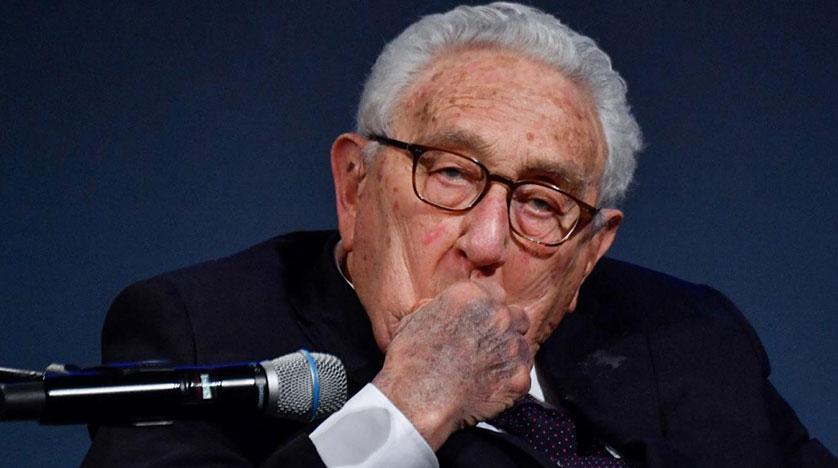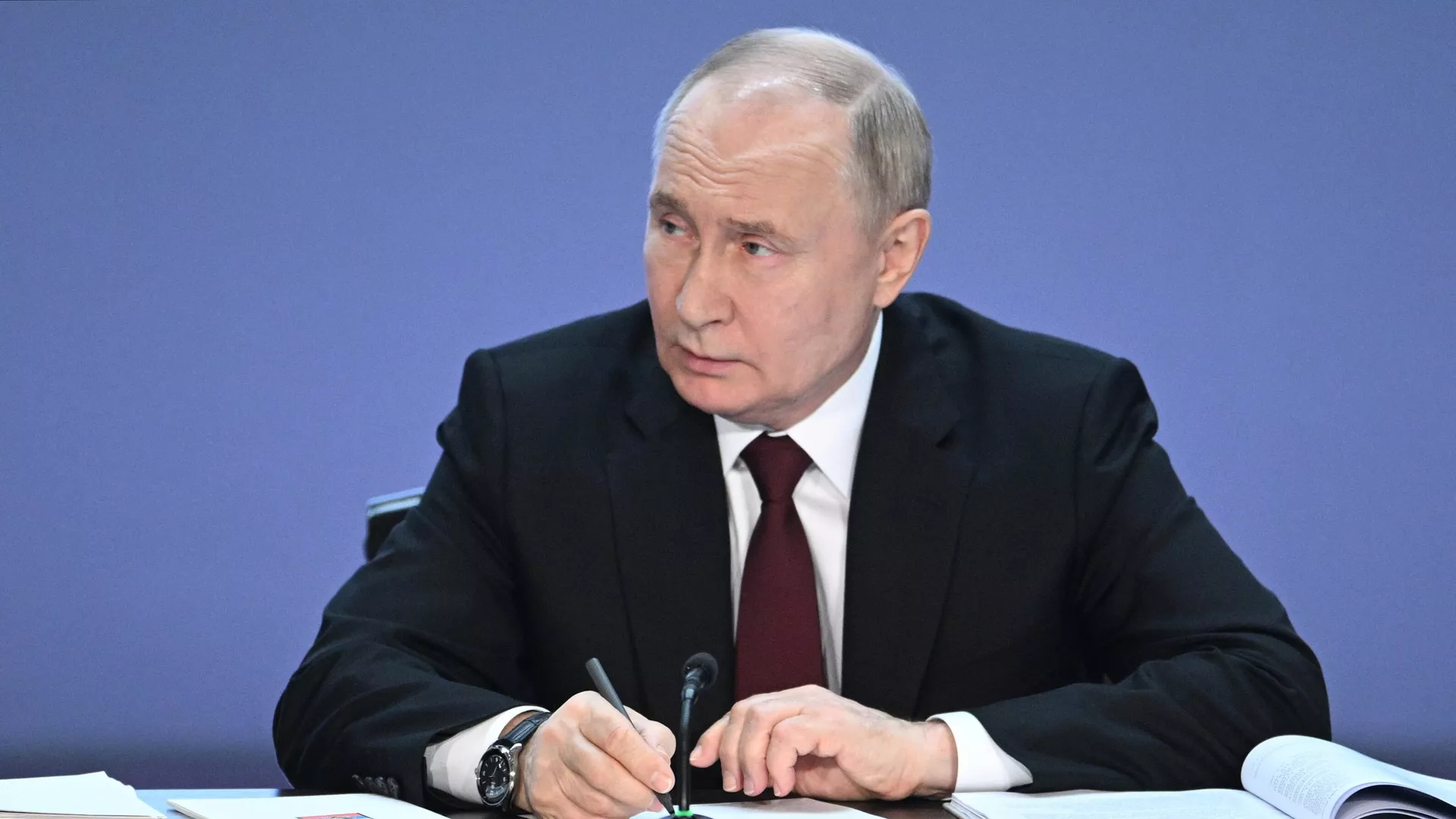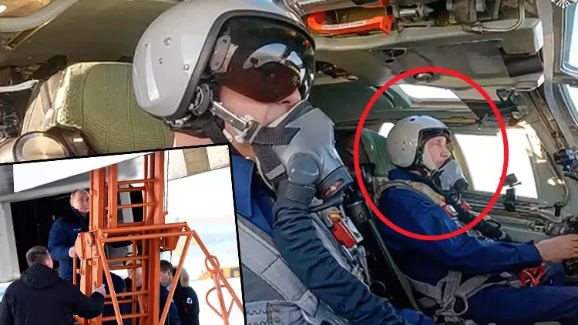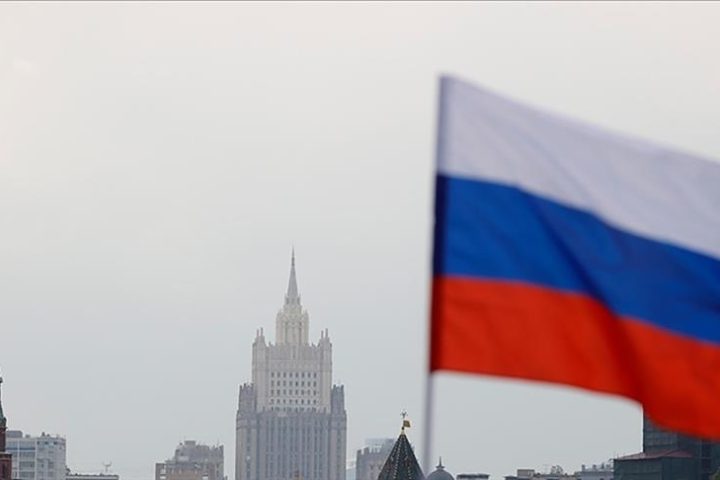Henry Kissinger, U.S. Secretary of State and National Security Adviser, said that when the United States opened up to China, Russia was its arch enemy, adding, “When you have two enemies, we thought it would be unwise to treat them completely equally.”

In an interview with the Financial Times, Kissinger said that independent tensions between Russia and China have led to the U.S. opening up to China. But despite all his ideological hostility, Mao was ready to start negotiations (with the United States). The Alliance of China and Russia, which is now built against special interests, does not seem to me to be a permanent relationship at its core.”
- To be or NATO be: Has Ukraine conflict left the alliance divided?
- Effects of turkey’s drones on world policy
Kissinger was the architect of the China and U.S. consensus, a major turning point during the Cold War. By 2022, the 50th anniversary of former US President Richard Nixon’s visit to China and the signing of the Shanghai Declaration, things appeared to have changed 180 degrees, while close ties between Russia and China returned.
Geopolitical changes
Believing that the geopolitical situation around the world will undergo significant changes after the end of the Ukraine war, and that it is not normal for China and Russia to have the same interests in all expected problems, the former senior US diplomat said he did not think possible disputes would arise, but thought there would be some conditions.
After the Ukraine war, Russia should at least reassess its relations with Europe and its overall stance towards NATO, Kissenger said.
But that does not mean that neither Russia nor China will be close friends of the West, Kissenger said. We must prevent Russia and China from coming together in the coming period.”
Regarding the Biden administration, which is trying to define this great geopolitical challenge as ‘democracy’s struggle against authoritarianism’, Kissenger underlined that ideology and interpretational differences should be recognized. Given the enormous destructive power of technological developments and the weapons that exist now, I think the search for regime change can force us because of the hostility of others. We should avoid producing this hostility with our own hands, especially when dealing with other issues.”
Managing conflict
Kissinger said the world has now become a place where the pace of change and inventions can lead to unimaginably terrifying levels, and what’s strange about the current situation is that guns are increasing on both sides and continuing to evolve every year.
Noting that there is almost no international debate about what would happen if weapons were actually used, the veteran of world diplomacy said, “In general, I call for an understanding that no matter which side you are on, we are now living in a completely new era. We’ve largely neglected that. However, with the spread of technology around the world, diplomacy and war will of course need different contents, which will be a challenge.”
Putin’s fault
Kissinger said that as a ‘student of international relations’, he met with Russian President Vladimir Putin once a year for purely academic strategic discussions, adding that “I thought he had some kind of mystical belief in Russian history and in this sense he was offended not by anything specific that we did initially, but because of this great chasm with Europe and Eastern Europe.”
The former US Secretary of State continued:
“Putin felt that Russia was in danger of joining NATO in the whole region, so he felt humiliated and in danger. Of course, that’s no excuse. I didn’t expect him to launch an attack at the level of the capture of an internationally recognized state. Putin misjudged the situation he faced in the international community. It is clear that Russia has misanalyzed the possibilities of sustaining such a large operation. When the time comes for a deal, everyone has to take into account that relations will not be the same as before, so we will take a different position against Russia, not because we demand it, but because the Russians cause it.”
The nature of the red line
Kissenger argued that during all these crises, it is necessary to try to understand what the red line the other side draws inside is.
“The question is, what are you going to do about it?” How long is this tension going to last? How much longer does the tension’s coverage expand? Or has he reached his limits? Russia needs to decide at what point of the war that it will push its society hard enough to limit its ability to govern international politics as a superpower in the future. I’m having a hard time predicting when it’s going to get to this point. At this point, will he use a weapon (nuclear) that hasn’t been used in 70 years? If this line is crossed, it will be a very important event. Because we haven’t tested globally what the next dividing lines will be. I think the only thing we can’t do is accept the situation.”
China’s position
Commenting on his talks with Chinese and Chinese President Shi Jinping, Kissinger commented, “Any Chinese leader will now consider how putin can avoid the situation he has put himself in and how he will take a stance so that a large part of the world does not turn his back on him in a possible crisis that may arise.”




